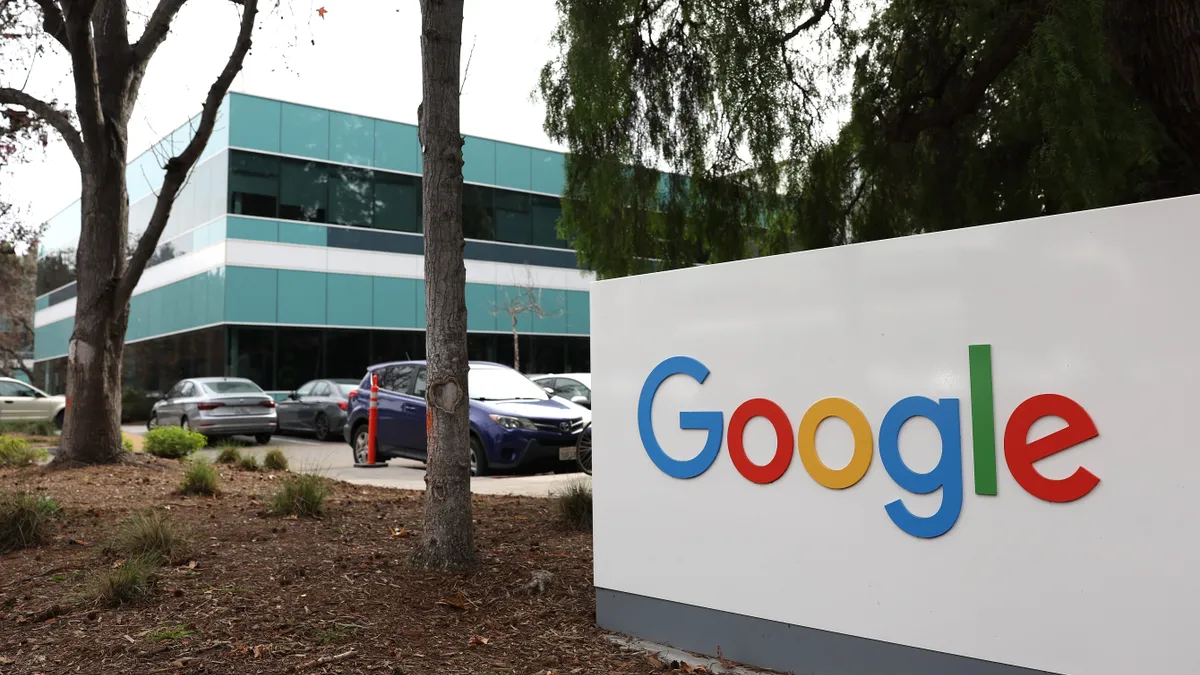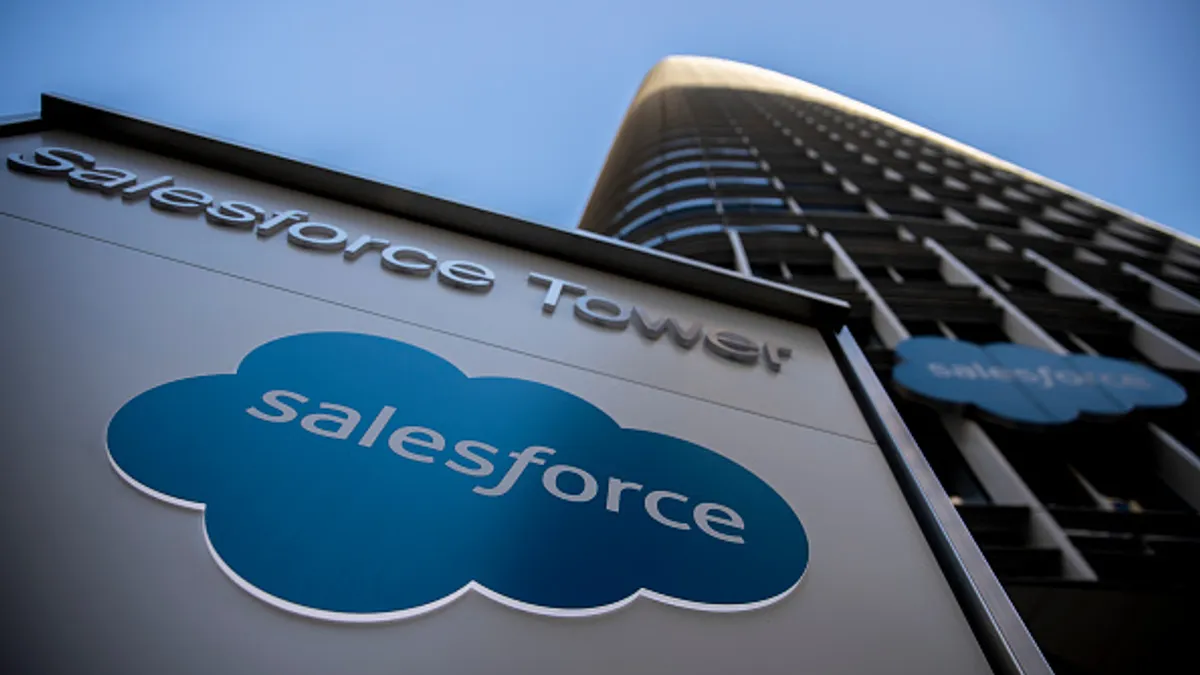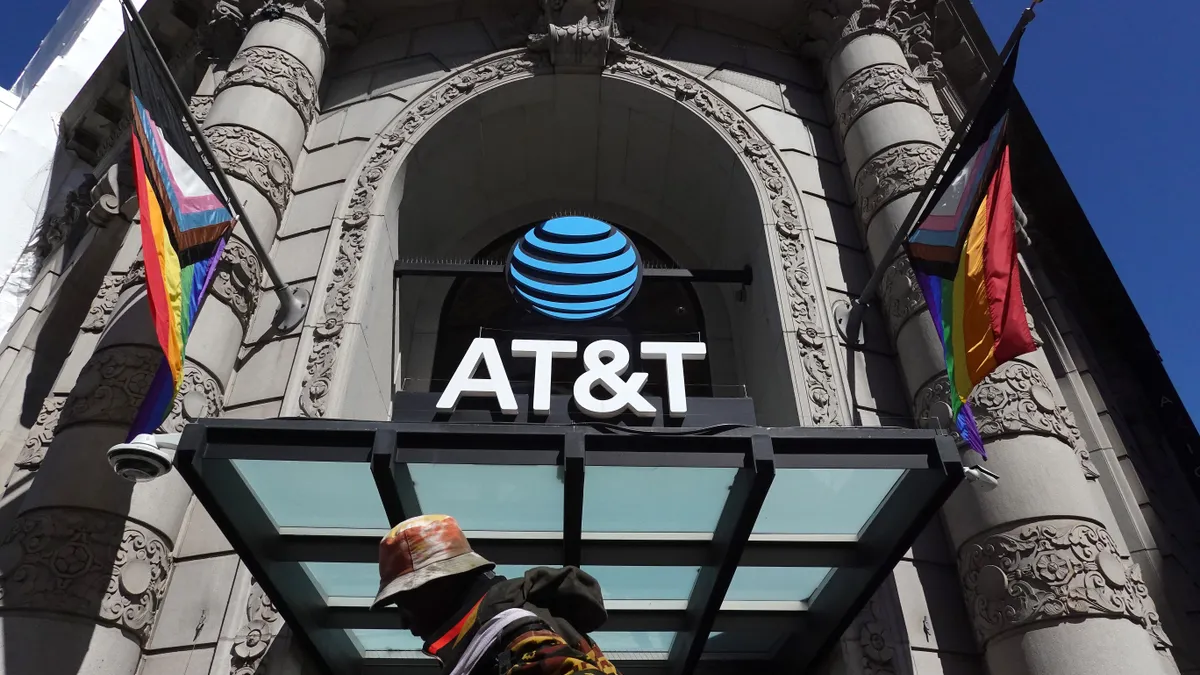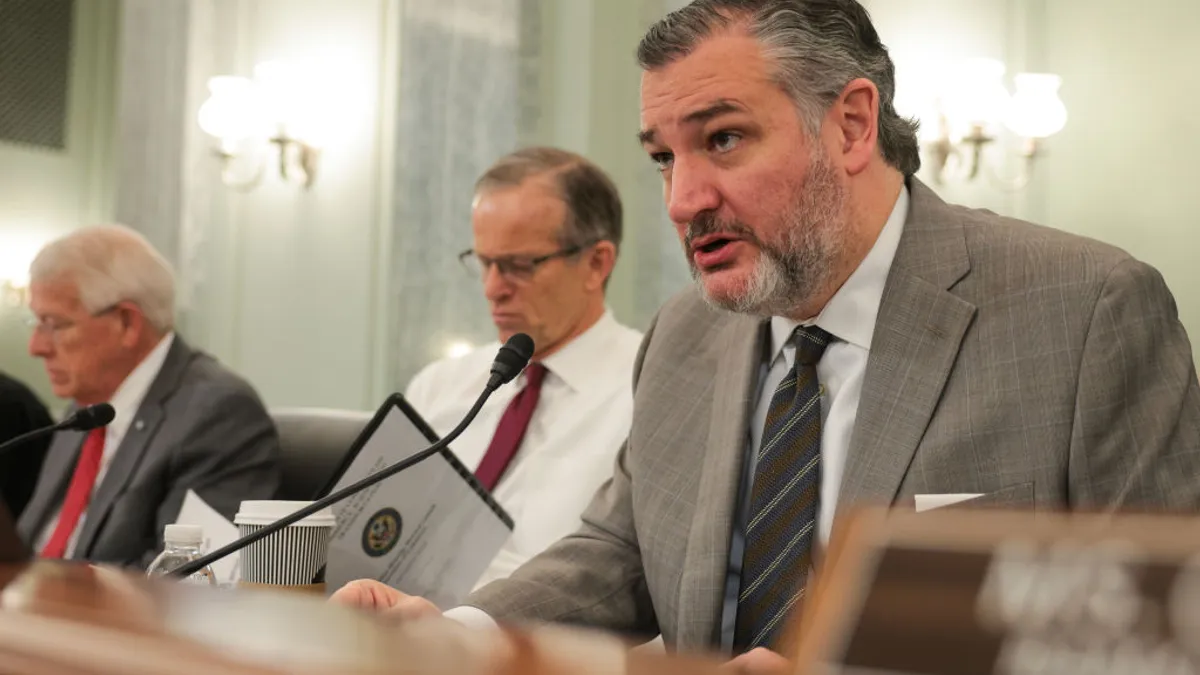Tech leaders are closely watching the upcoming presidential election, with 74% of them saying they believe the outcome will have a major impact on their ability to stay ahead of global competitors, according to a recent EY survey.
The stakes are particularly high for big tech companies, which have faced increased regulatory scrutiny in Washington over the last several years amid concerns that they wield too much power.
“I think the industry is very interested to see what will happen in the next administration, especially from an antitrust perspective,” James Brundage, global and Americas technology sector leader at EY, said in an interview.
Google, Apple, Amazon and Meta are all facing legal battles with the federal government over alleged monopolistic behavior.
The cases reflect a larger shift toward more aggressive antitrust enforcement at both the Federal Trade Commission and U.S. Department of Justice in recent years, particularly since President Joe Biden took office, according to analysts.
“Antitrust regulation is currently at an all-time high,” Will Liebmann, an M&A attorney at the law firm Dykema Gossett, said in an interview.
Besides closely scrutinizing the business practices of big tech companies, antitrust regulators have also been monitoring their dealmaking and investment activities, including in the emerging area of artificial intelligence.
In January, the FTC announced that it issued orders to five companies — Microsoft, Alphabet, Amazon, OpenAI and Anthropic — requiring them to provide information regarding recent investments and partnerships involving generative AI companies and major cloud service providers.
Business leaders are still struggling to predict what the regulatory environment will look like after the Nov. 5 presidential election, analysts said.
While both former President Donald Trump, the Republican nominee, and Vice President Kamala Harris, the Democratic nominee, have campaigned heavily on economic issues, it’s unclear how their policies might impact tech companies in key areas like antitrust enforcement, artificial intelligence, cybersecurity and privacy, Brundage said.
“There’s just a lot of uncertainty about where things are going,” he said, adding that it has been “an unusual election cycle, especially with Harris coming in so late.”
Though Trump broadly favors deregulation, both he and his running mate, J.D. Vance, R-Ohio, have been critical of big tech companies. What this would mean exactly in terms of antitrust policy in a second Trump presidency is unclear.
During a recent interview before the Economic Club of Chicago, Trump refused to say whether he would continue the Biden administration’s effort to break up Google, citing concerns about how it might impact America’s ability to compete on the international stage with countries like China. But he did make clear that he was “not a fan” of the company, saying “they treat me badly.”
Meanwhile, it’s just as tough to gauge what a Harris presidency would mean for Biden’s antitrust legacy, given her mixed messaging on the campaign trail, according to analysts.
As part of her economic plan, Harris said she would enact the first federal law against price gouging by food suppliers and grocery stores. During a campaign event in Pittsburgh, Pennsylvania last month, she said companies need to “play by the rules, respect the rights of workers and unions, and abide by fair competition.”
“And if they don’t, I will hold them accountable,” she said, according to a transcript of her remarks. At the same time, she described herself as “capitalist” who believes in “free and fair markets.”
“Both campaigns are busy right now espousing how their policies are going to drive economic activity over the next four years,” Liebmann said. “It's hard to say frankly which side has the better” approach from a business perspective.
Despite being part of the current administration, Harris might opt for a different antitrust approach as president, at least on the margins, particularly given her ties to the tech industry, according to Robin Adelstein, global head of antitrust and competition at law firm Norton Rose Fulbright.
“While Harris likely would come under pressure from her party if she pulled support for the aggressive antitrust efforts of the Biden administration, the way we may see this play out in practice if Harris wins is more of a nuanced shift in focus rather than a radical change in direction,” Adelstein said during a virtual roundtable hosted by her firm last month.





















